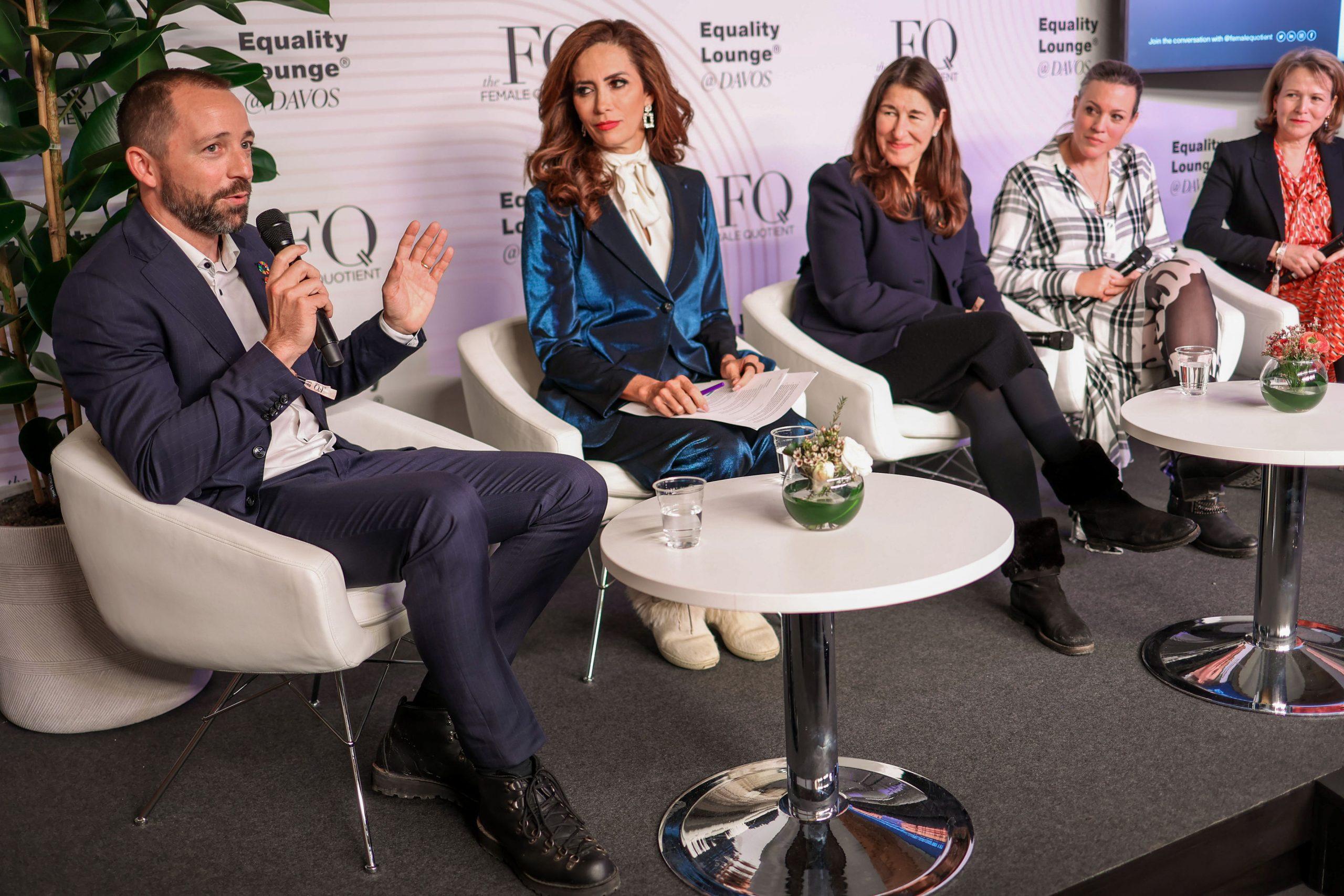Research suggests, that hiring someone is decided within the first 10 seconds of an interview, the remaining part is only about confirmation. As leaders tend to hire people that look like themselves, the decision is very biased. When hiring new talent, most companies look at CV and grades and have one or two interviews before hiring, but if you dig deeper and use data, you might get better candidates.
The Danish division of Google has found a comprehensive and data driven process to find the right talents. Biases doesn’t work when you are an international company with constant change. Country Director for Google Denmark Malou Aamund talked about how they found a better way of recruiting in an interview with the Danish media Berlingske. “When looking for new talents, we don’t emphasize expertise much. We dig deeper into the ability to learn, as they might be experts in one area today, but as the world is changing so fast, it could be irrelevant within a month”, she says and adds: “We are more interested in finding problem-solvers, who can adapt to changes”.
Google uses a comprehensive and data driven process, where several people interview the candidates to lay out different competences, e.g., leaderships skills is evaluated from five underlying categories to ensure a more objective approach. The ratings are collected in a rapport, which for just one applicant can be up to 60 pages. Afterwards a committee will go through the applicants’ reports and choose the candidate, who did best.
In this process, grades don’t play a large role. Google’s data shows no correlation between the level of grades a candidates have and the performance they deliver. Malou Aamund finds it very old school to screen candidates based on grades. “Our experience is, that if you focus too much on grades, you get a generation of candidates, who knows one field, but interpret the world too much by the book. If you ask an unexpected question, they are not able to see it with new eyes; they almost panic”, she says and adds: “It is extremely important, that we don’t get this type of candidate”.
Although Google’s recruiting process if very resources full, it strengthens the quality of employments, which makes it all worthy. It also eliminates the personal biases, where leaders hire those who look like themselves, and this is very important as Google depends on different types of talent.
Using a data driven process will not only help companies with hiring better candidates, but it will also ensure an unbiased approach and maybe even eliminate discrimination. Google have come far with changing the way of interviewing and choosing the right candidate, regarding more objectivity, looking at other measures than grades and removing personal biases, but what they didn’t comment on was: what methods do they use, when deciding who gets an interview in the first place?
More companies and organizations started anonymizing applications in a hope of non-discrimination of gender, age, race etc. Could these two together be the future of recruiting and hiring new employees in a non-biased way, benefitting both companies/organizations and society as a hole?



